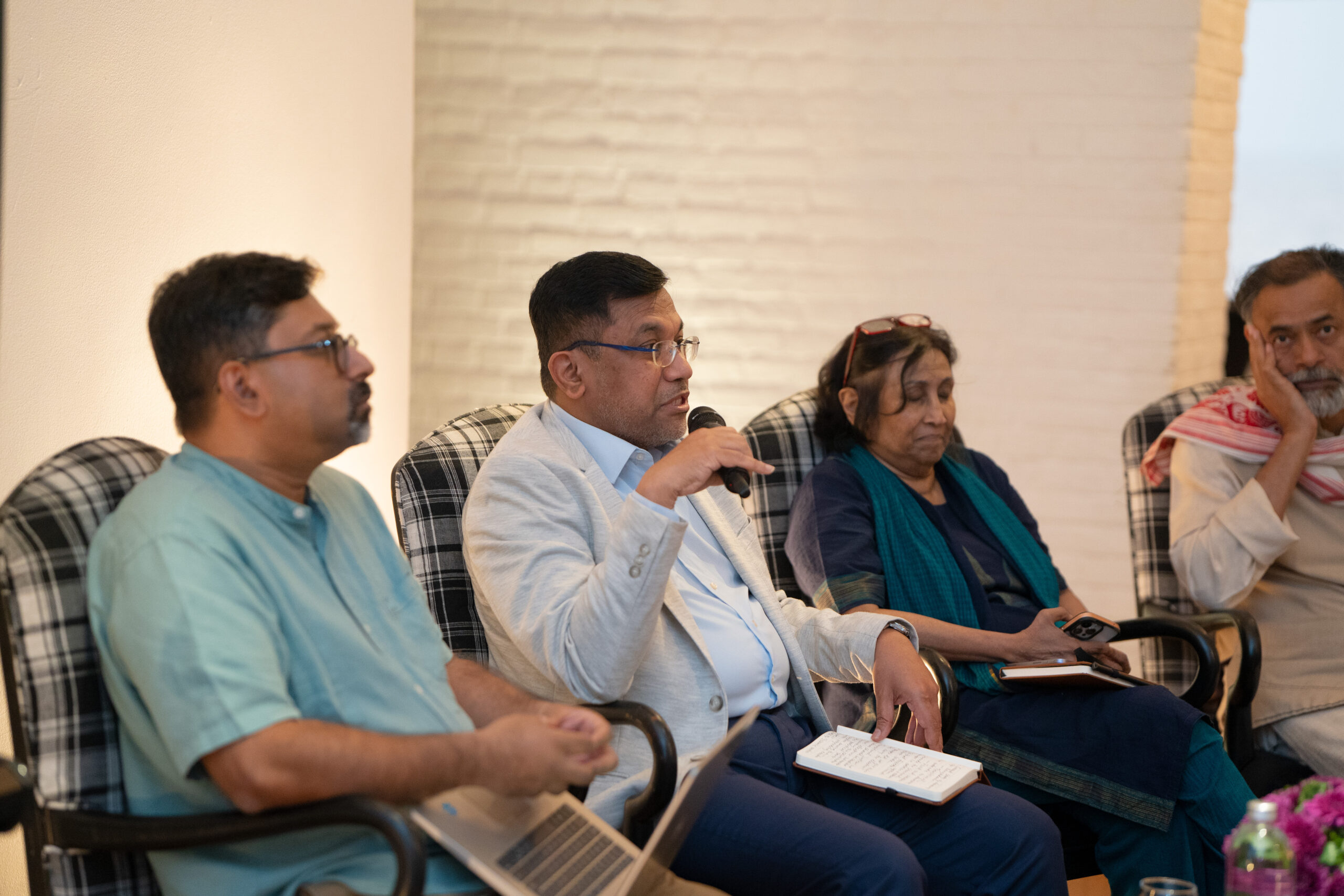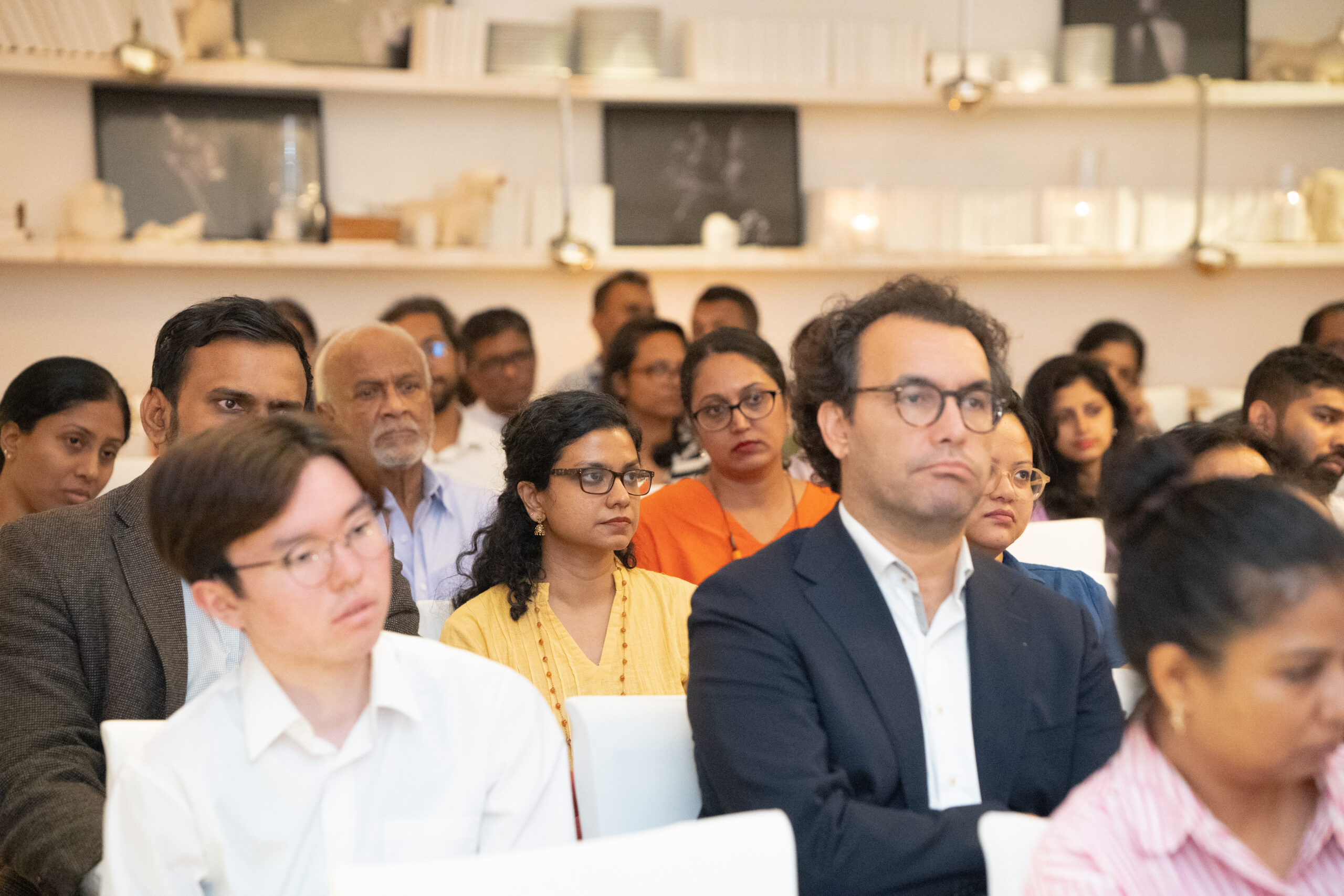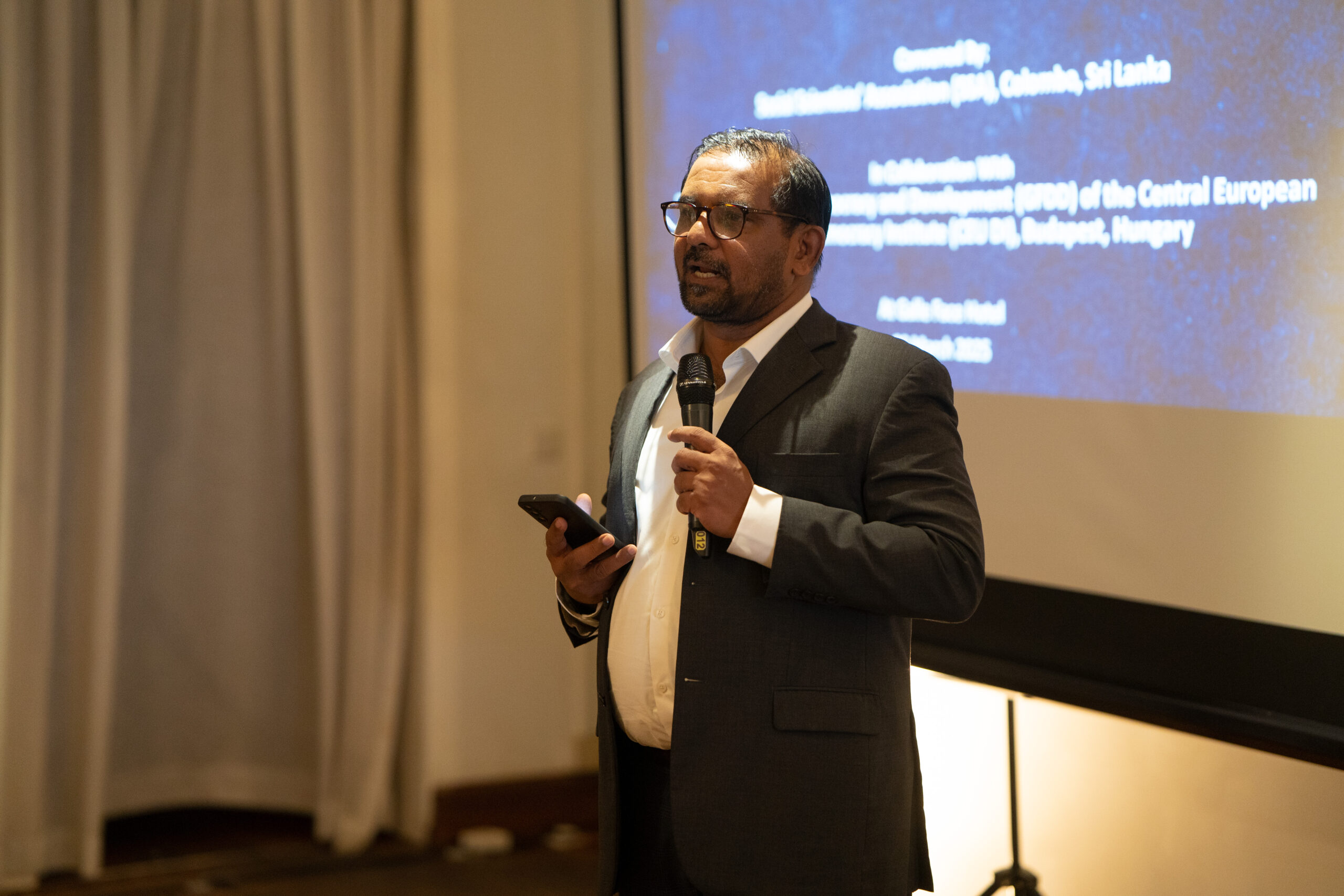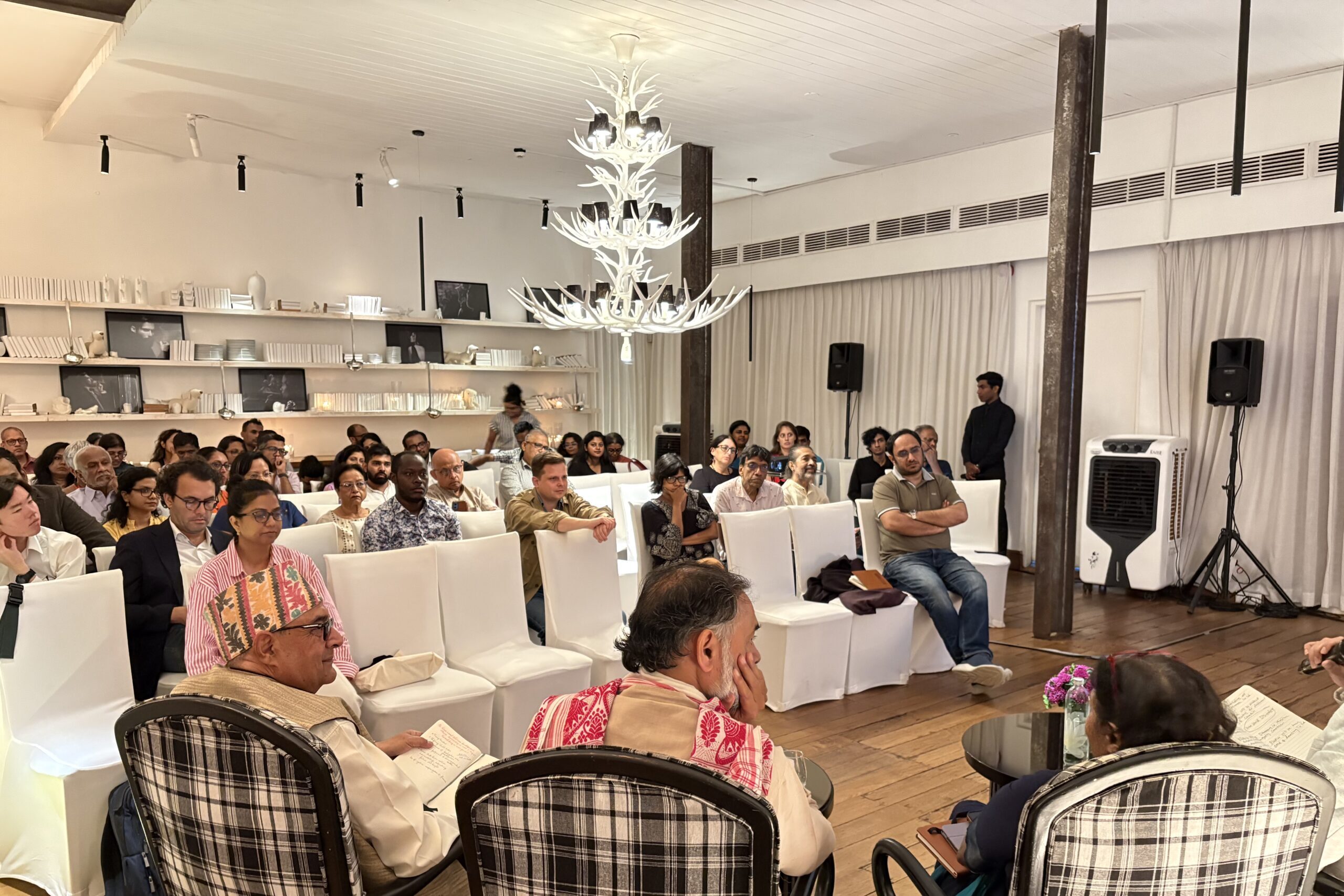Regional Dialogue on Reclaiming Democracy: Perspectives from the Global South
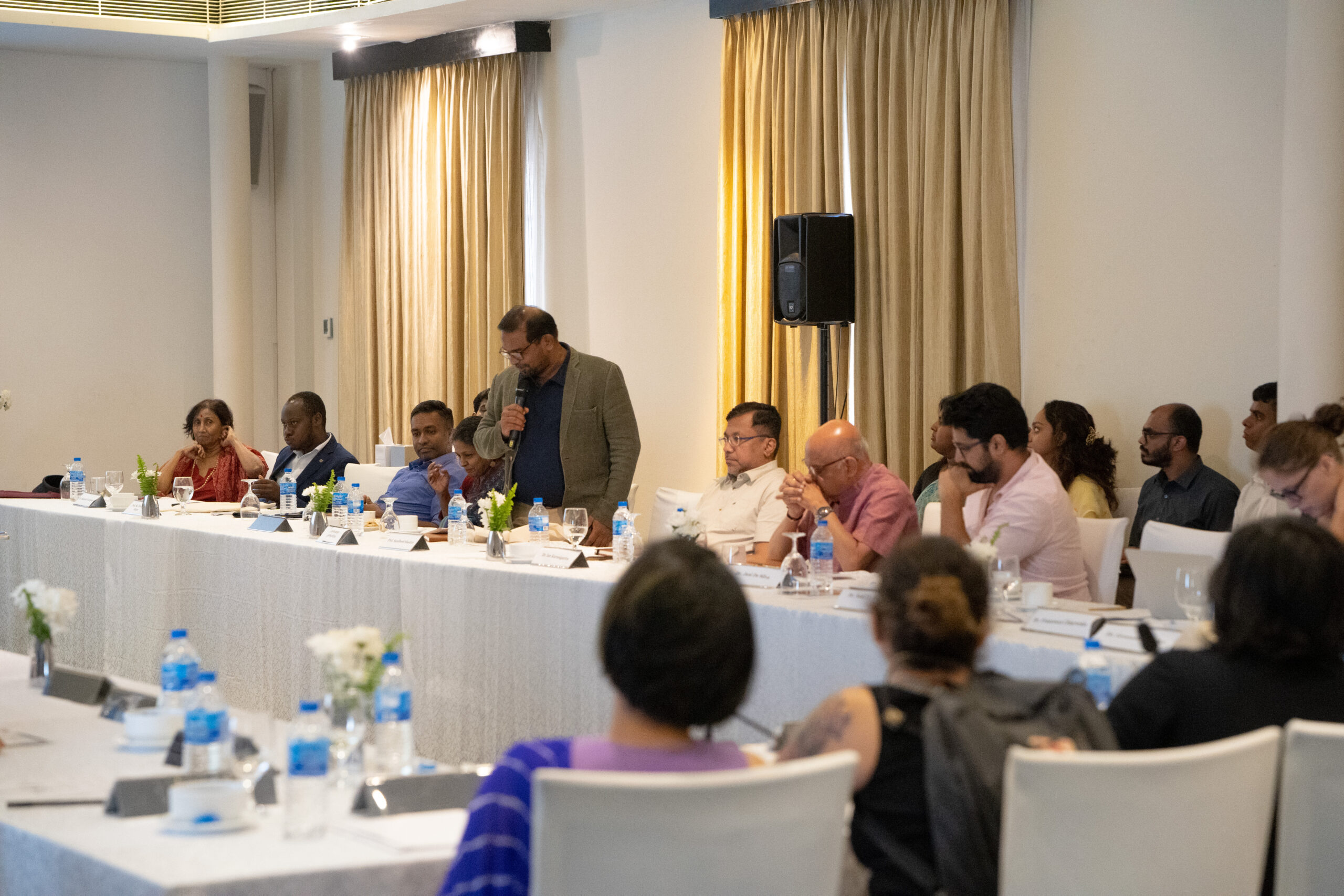
The SSA convened a conference titled “Regional Dialogue on Reclaiming Democracy- Perspectives from the Global South” at the Galle Face Hotel on the 8th and 9th of March 2025. The conference was attended by academics, activists, and politicians from across the South Asian region who sought to understand the crisis in contemporary democracy with a special focus on reclaiming and adapting democracy to suit the needs of complex South Asian societies

The conference began with introductory remarks from Prof. Jayadeva Uyangoda, Dr. David Karas, Prof. Erdem Yörük, and Dr. Pradeep Peiris. They commented on the need to broaden the discourse on democracy and the value of imbuing it with regional knowledge. Dr. Karas and Prof. Yörük introduced the GFDD project, with Prof. Yoruk describing his experiences during the fellowship programme in Sri Lanka
The first day of the conference comprised three panels. The first panel was moderated by Dr. Paikiasothy Saravanamuttu. It consisted of Prof. Jayadeva Uyangoda, Prof. Yogendra Yadav, Mr. Dipak Gyawali, and Prof. Erdem Yörük. This panel placed emphasis on the crisis in democracy while highlighting the historiography of the ideology, its current trends in South Asia, and the state of social welfare in the Global South.
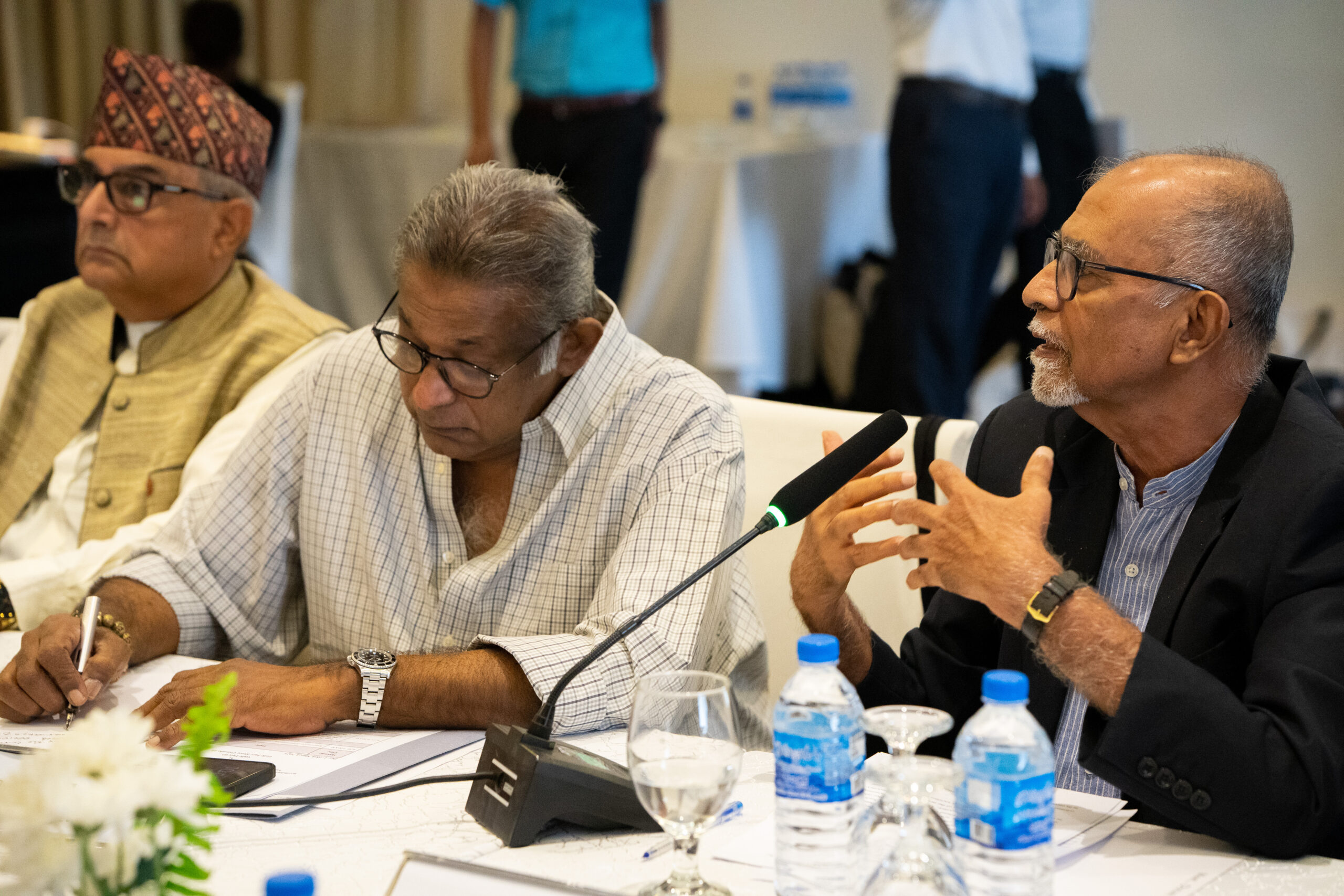
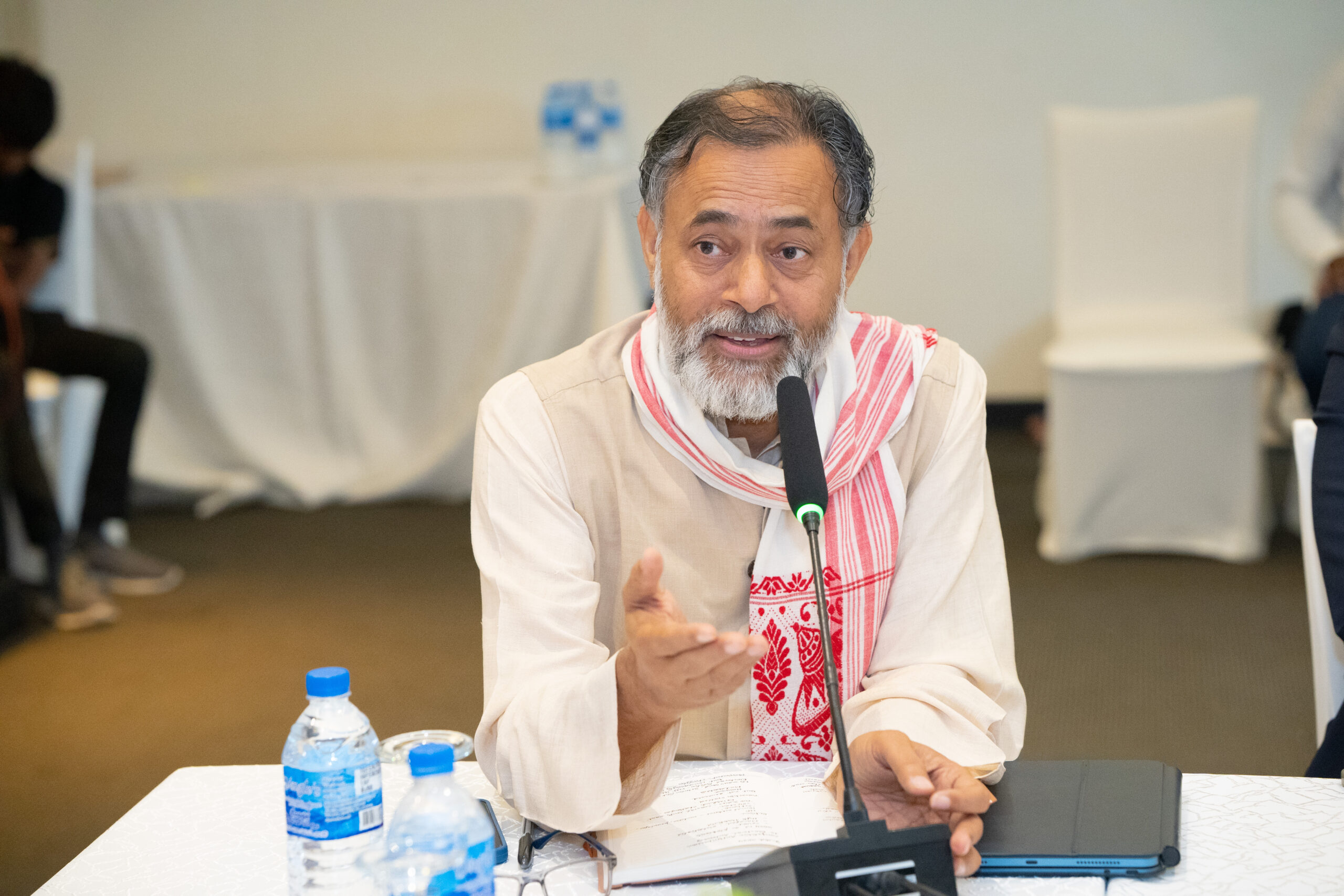

The second panel of the day was moderated by Dr. Crystal Baines. The panelists for the session were Dr. Madhulika Banerjee, Prof. Sandeep Shastri, Prof. Tawfique Haque, and Dr. Ian Karusigarira. This panel was built around the theme of people’s dissent and local knowledge systems within democracy- it elucidated the need to expand democratic imaginaries through the study of the recent people’s uprisings/protests and grassroots indigenous knowledge systems.
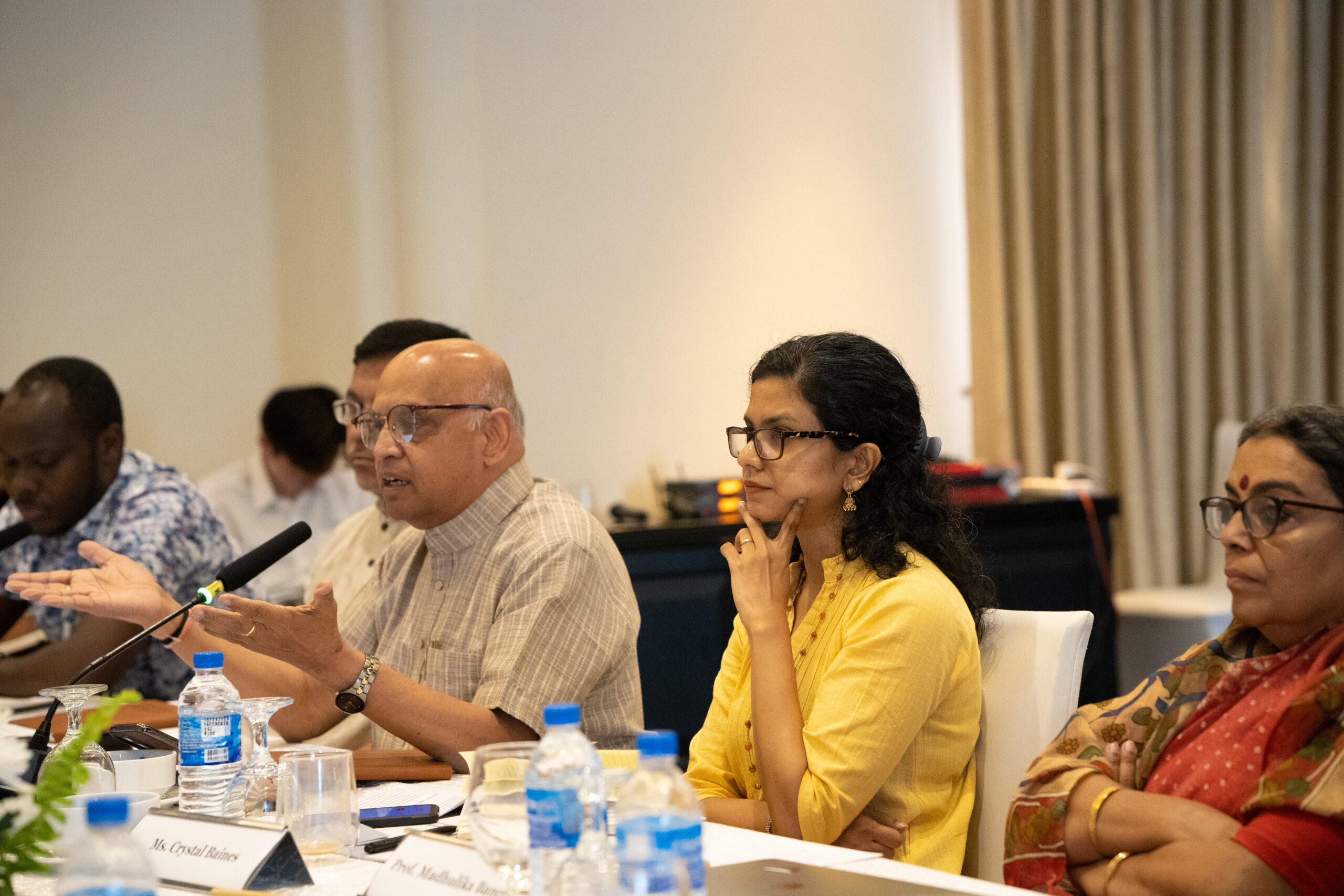
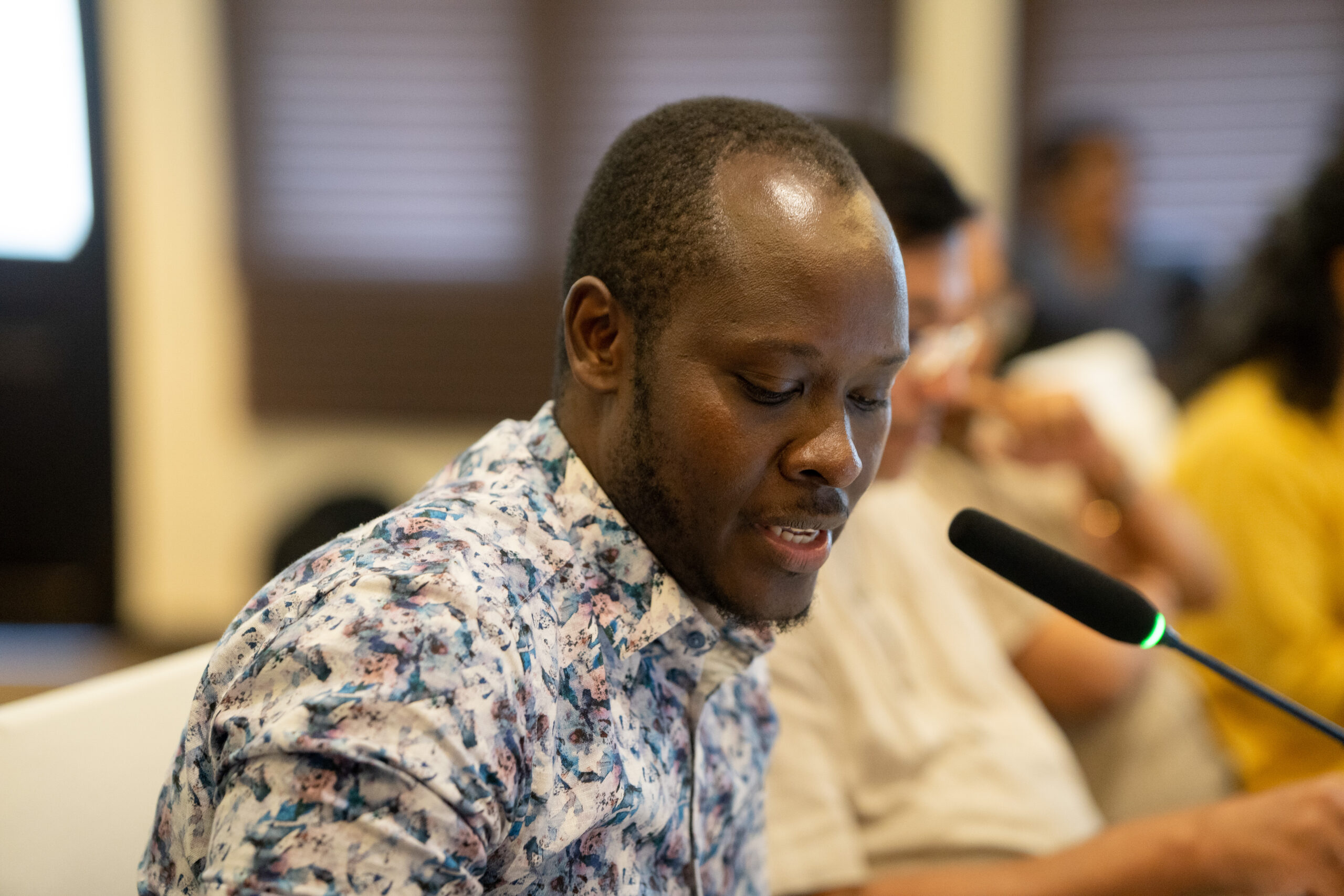
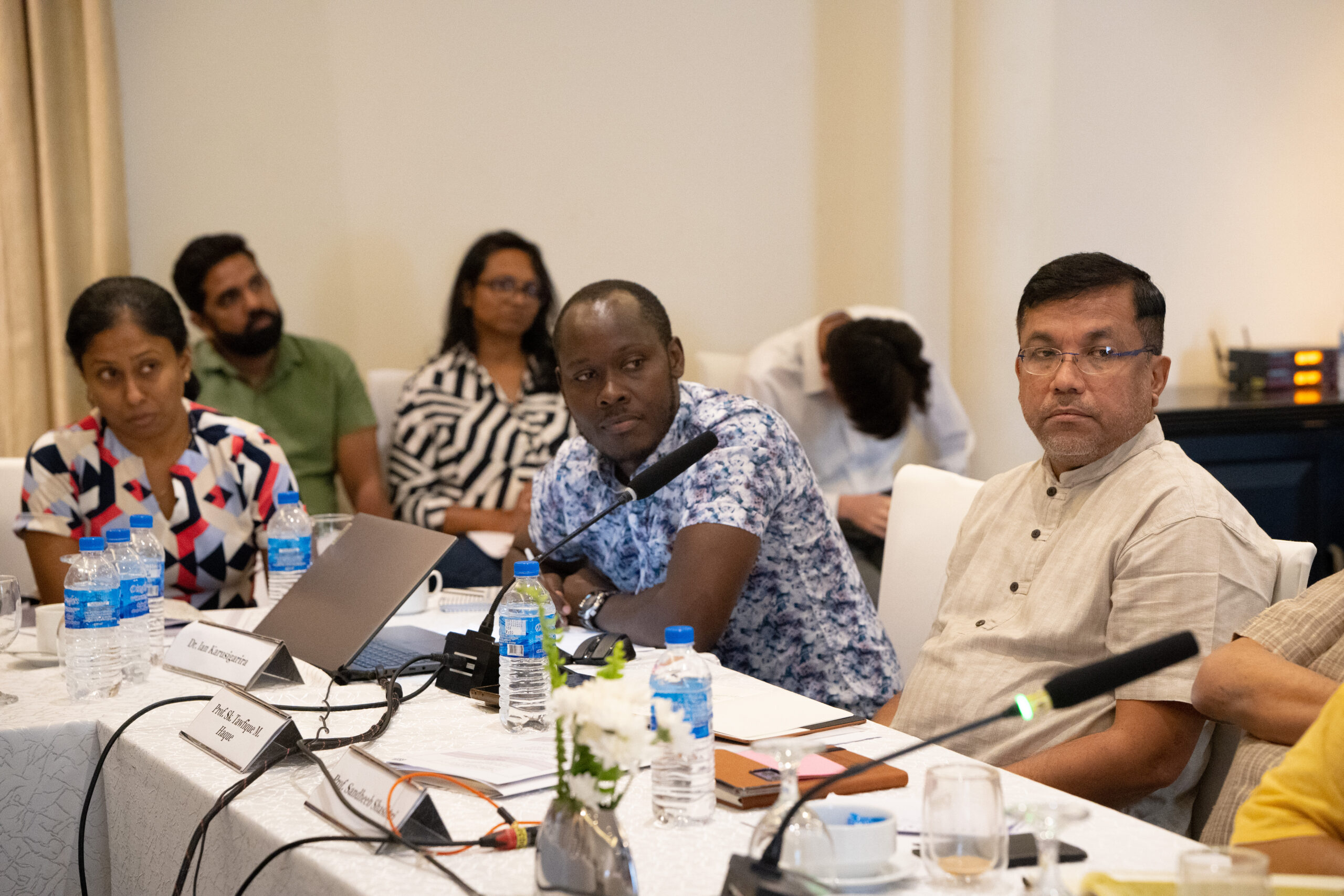
The final panel was moderated by Dr. Nazan Üstündağ. Prof. Farzana Haniffa, Dr. Francesca Chiarvesio, Dr. Jani De Silva, and Dr. Gennadii Iakovlev presented on this panel. This panel sought to understand the relationship between democracy and authoritarianism. Special focus was placed on impunity, the status of the minority in democratic societies, and language patterns which can be used to assess polarisation in contemporary politics.
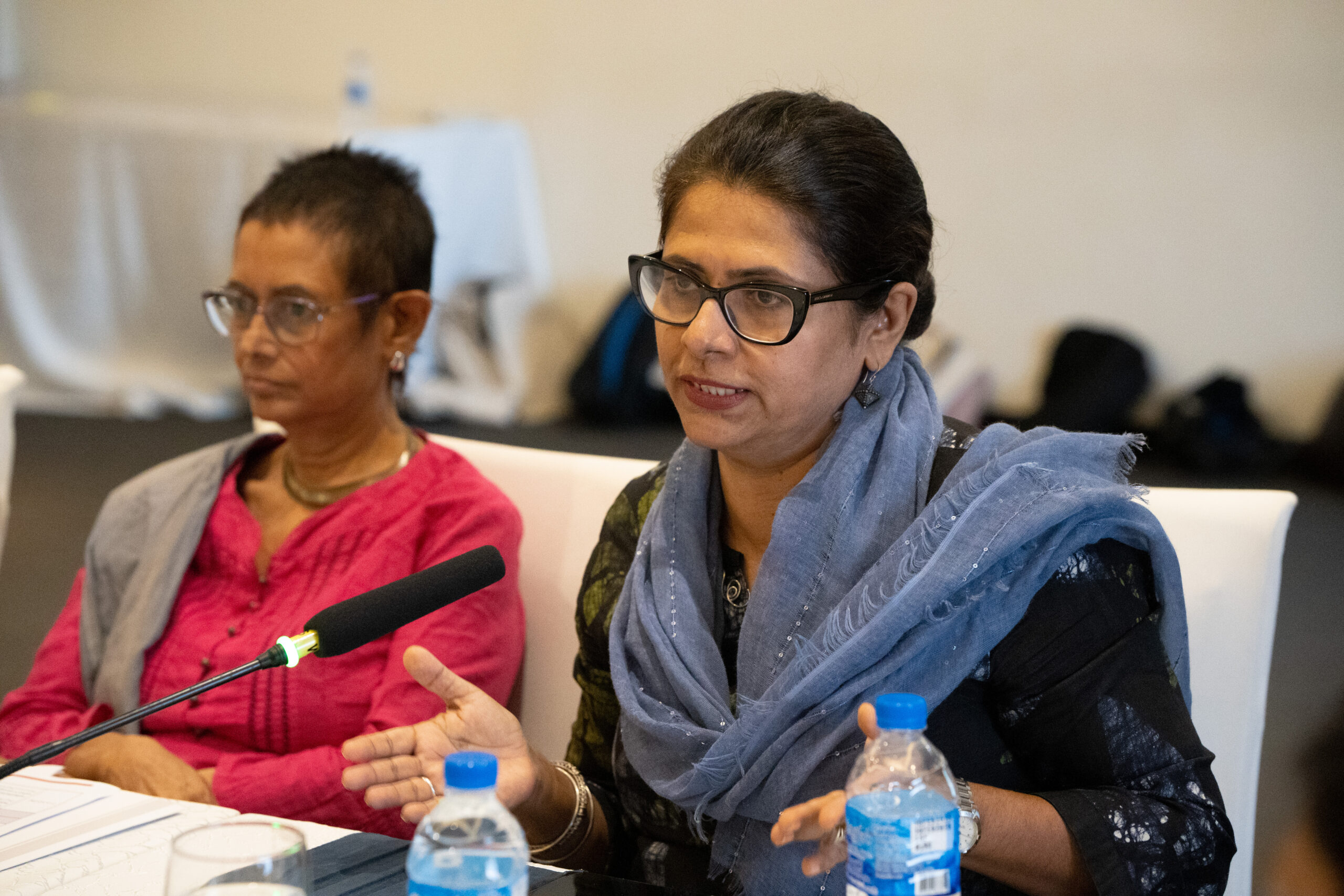
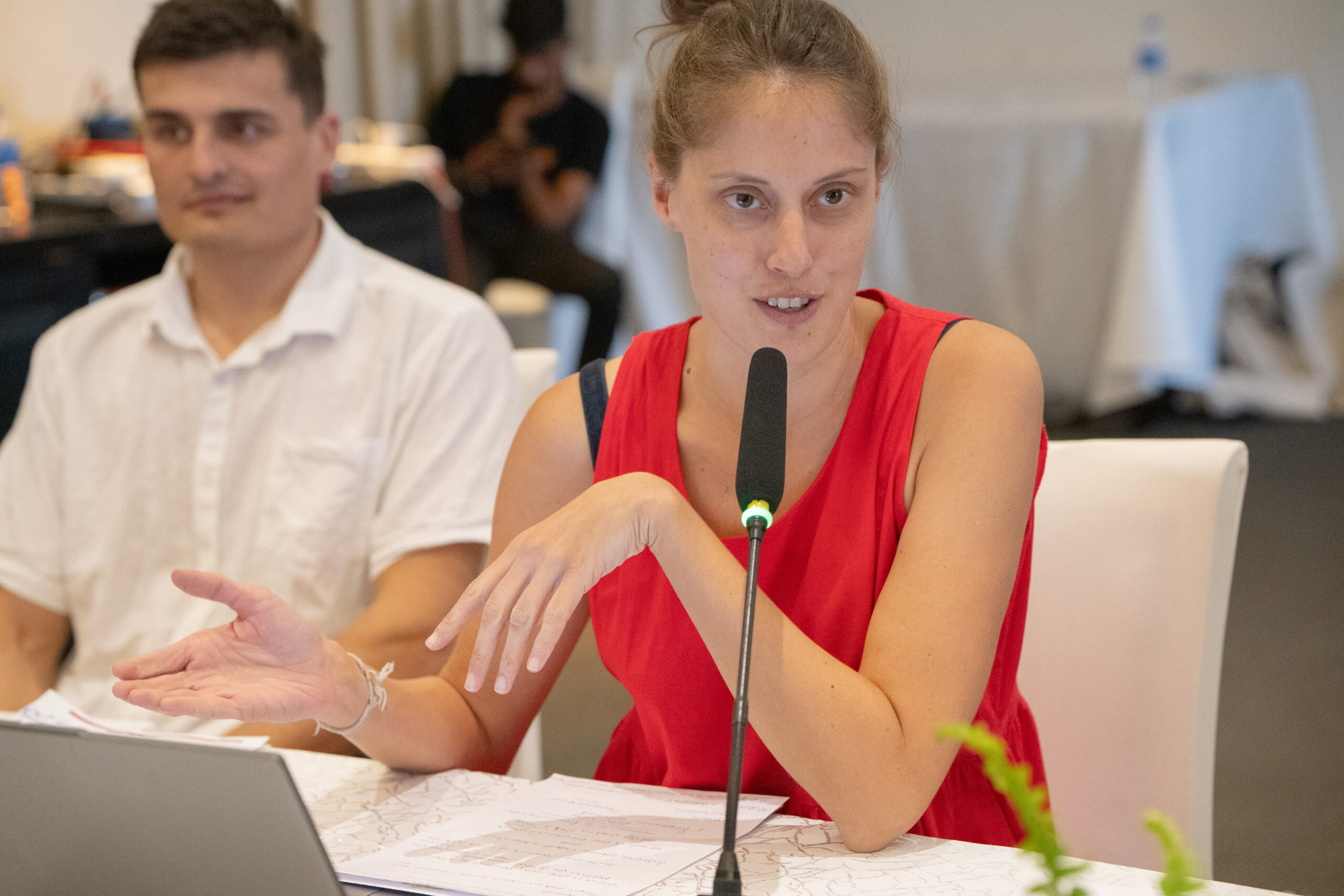
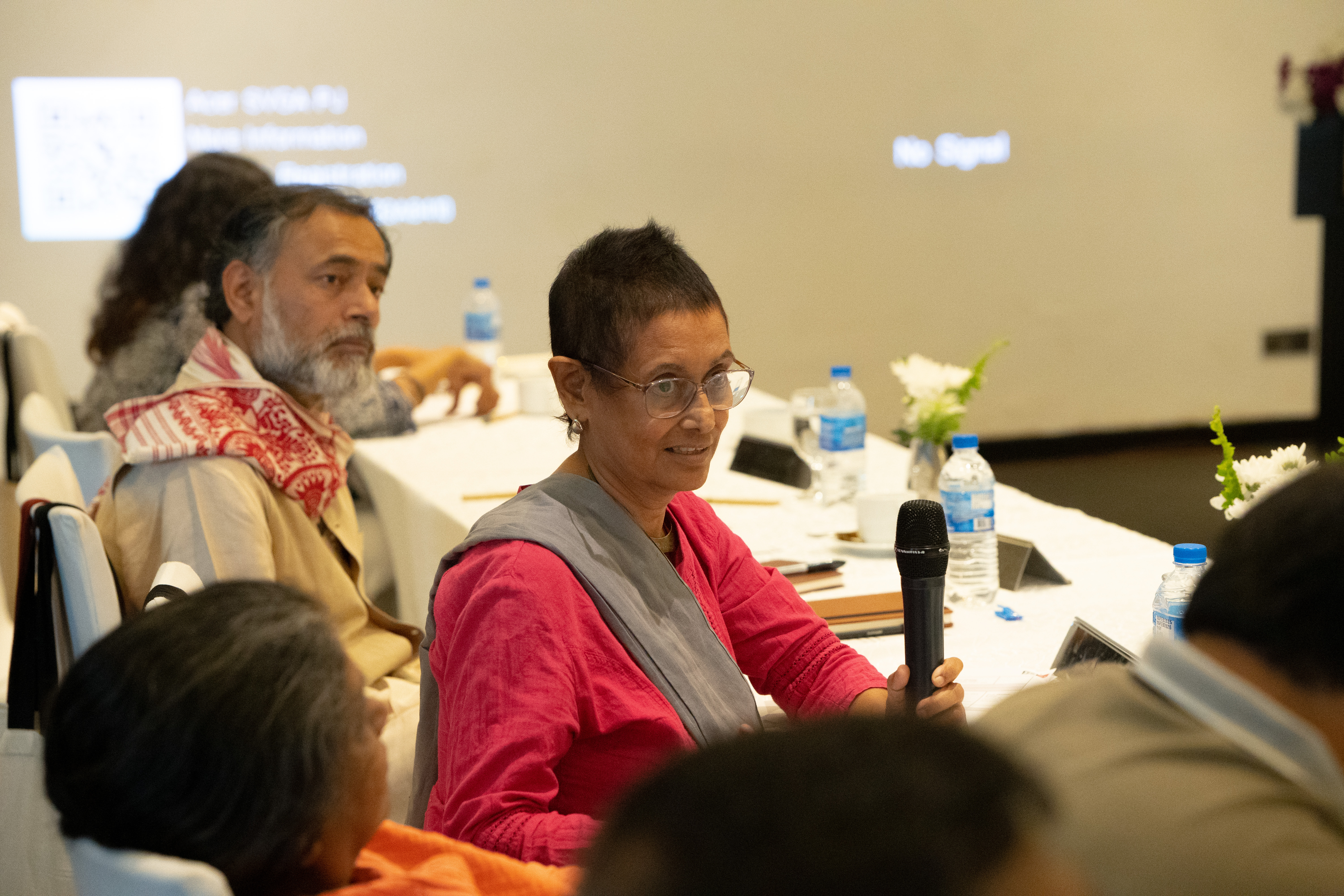
The second day of the conference began with the fourth panel which was moderated by Dr. Madhuranga Kalugampitiya. The panel included Prof. Sumathy Sivamohan, Dr. Anubha Anushree, Dr. Asad Ur Rehman, and Dr. Devaka Gunawardena. This panel was centered on the theme of labour and development. The panelists localised their presentations in their respective South Asian contexts and discussed development in terms of ethnic minorities, labour exploitation, the socio-economic dynamics of ‘rurban’ settlements, and developmental crises.
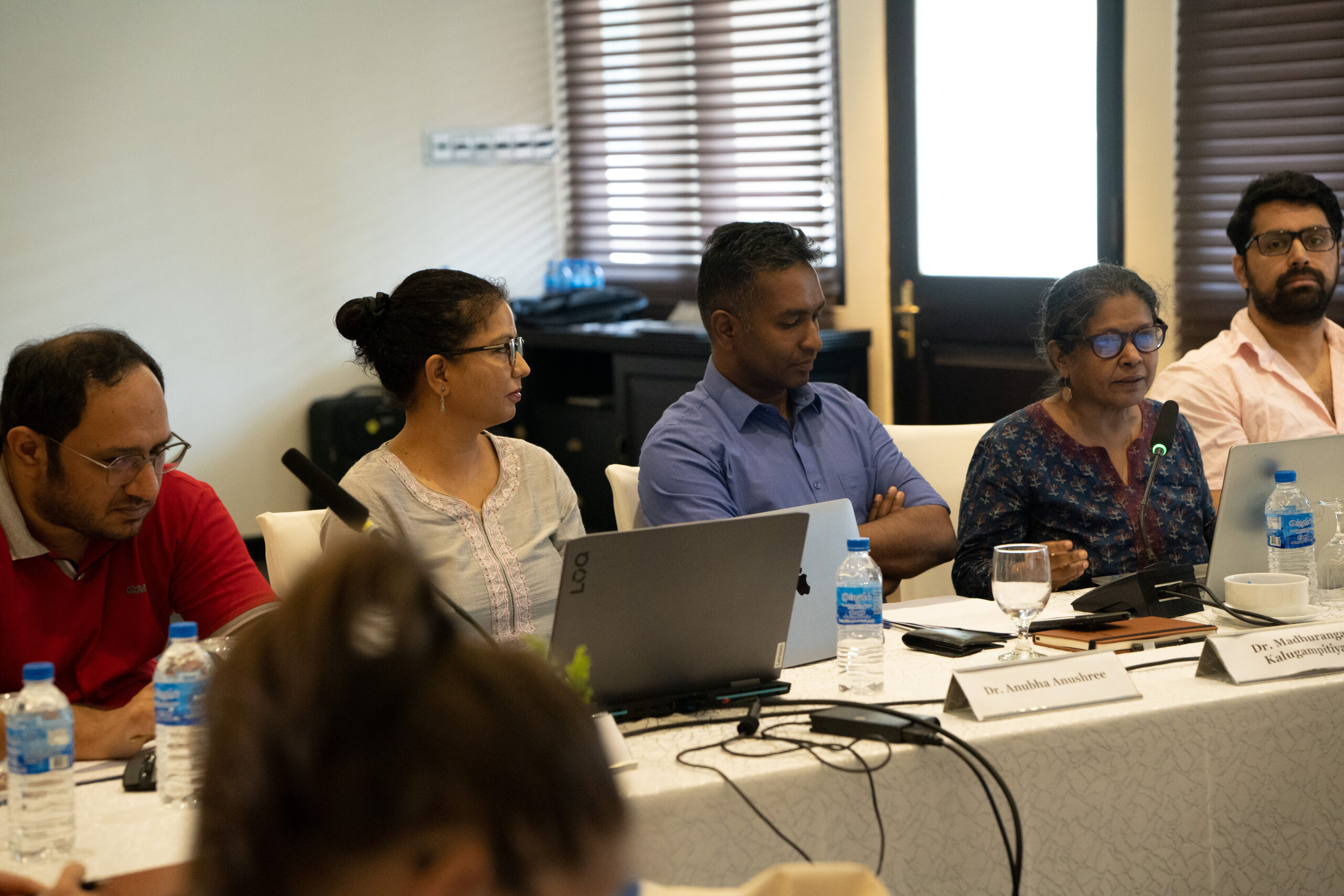
The conference concluded with the fifth panel which discussed the theme of gender and democracy. The panel was moderated by Prof. Shamala Kumar and included Dr. Nazan Üstündağ, Dr. Pooja Kalita, and Dr. Sarah F. Thompson. The panelists explored the position of women in revolutionary movements, the homogenization of women’ s identity in media, and the gendered dimensions of access to justice.
Dr Pradeep Peiris and Mr Shashik Silva concluded the conference by thanking all the panelists, participants, organizers, and funders.
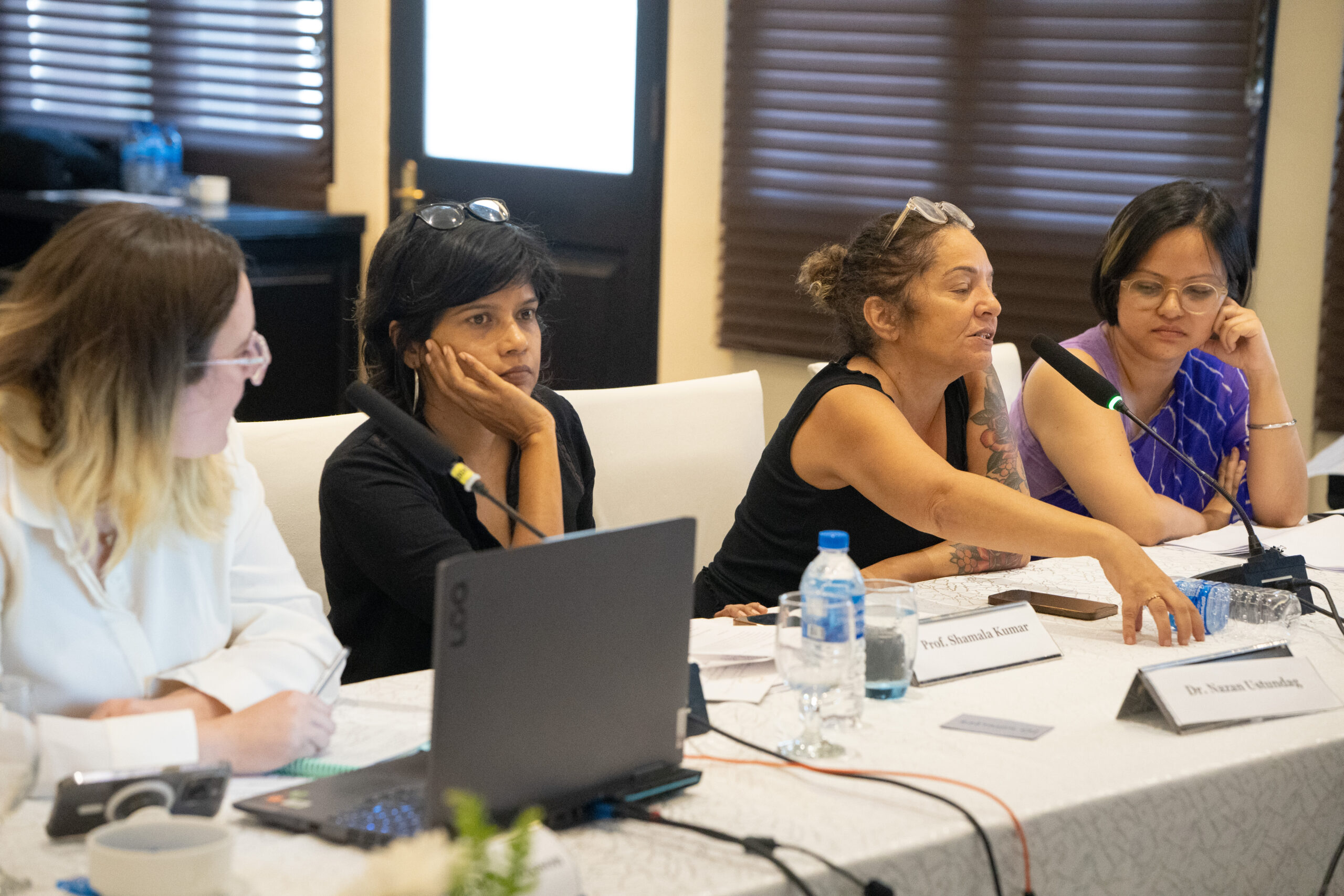

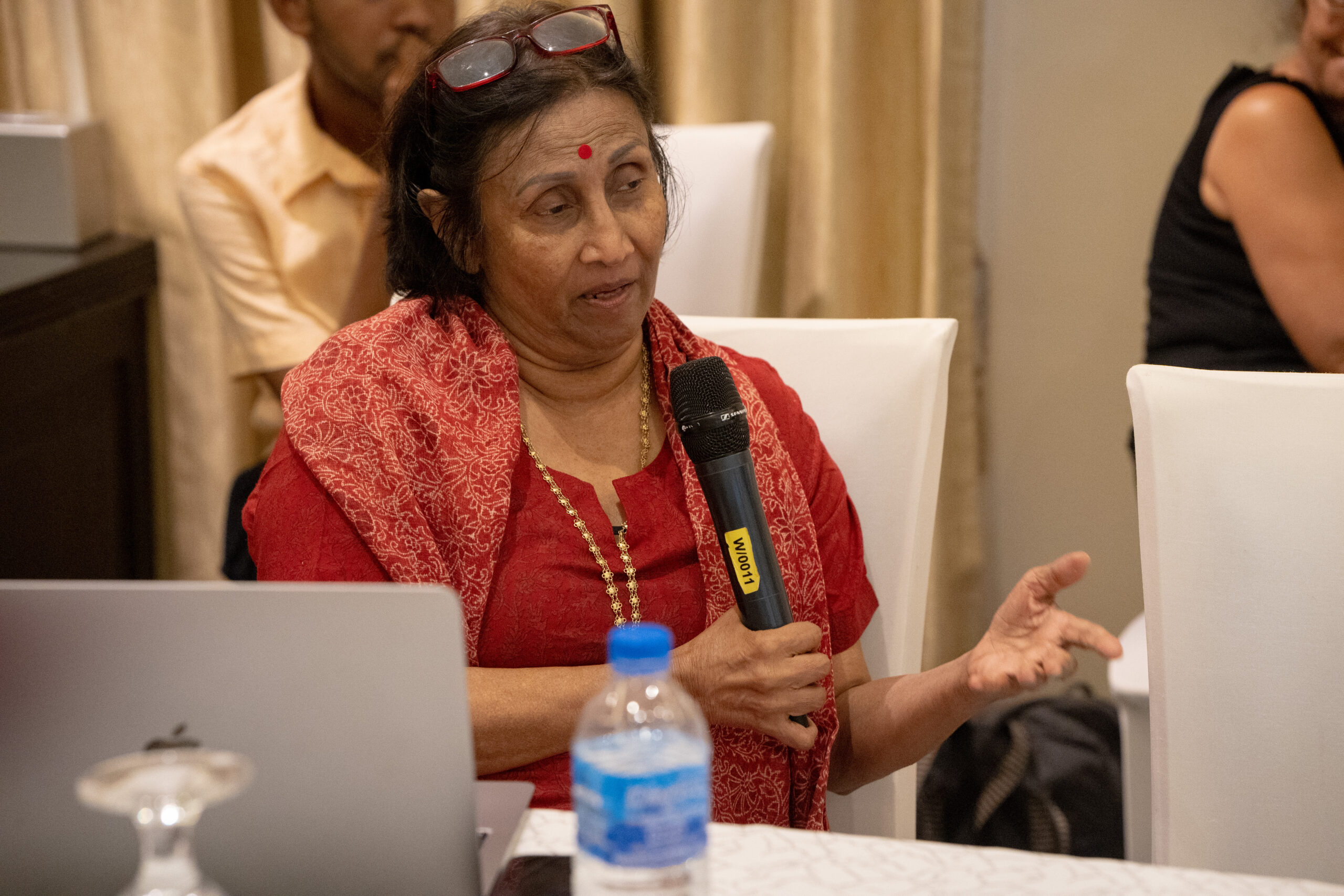
Evening Panel Discussion- Political Futures in South Asia: Does Democracy have a Place?
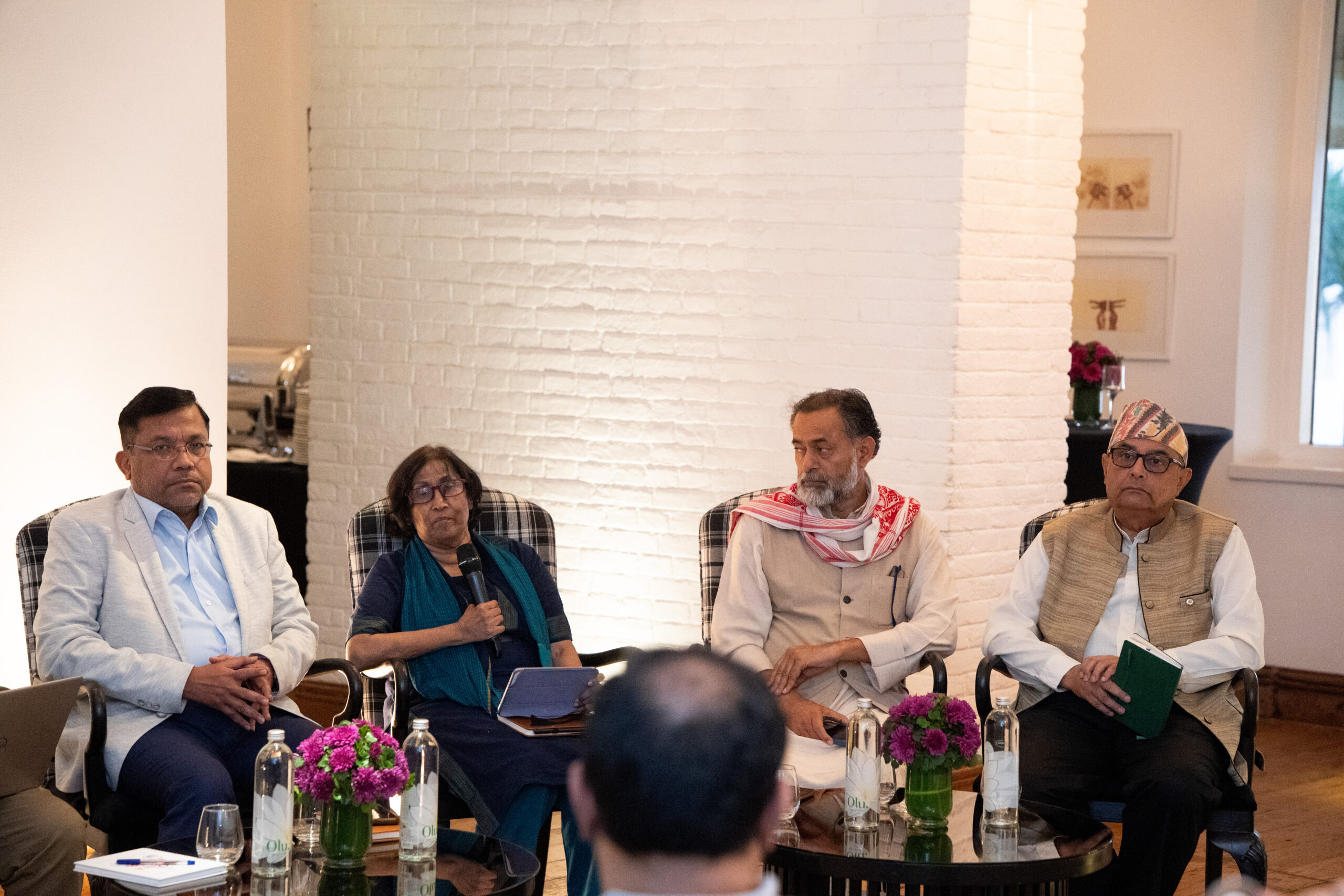
SSA organized a panel discussion titled “Political Futures in South Asia: Does Democracy have a Place?” on 8th March 2025. The panel, which was part of a 2-day conference hosted by SSA as the South Asia hub of the Global Forum on Democracy and Development (GFDD), featured speakers from 4 countries across South Asia
The 4 scholars from different parts of the region commented on the current status of democracy in their respective countries. The panel consisted of Mr. Balasingham Skanthakumar from Sri Lanka, Mr. Dipak Gyawali from Nepal, Prof. Tawfique Haque from Bangladesh, and Prof. Yogendra Yadav from India. The discussion was moderated by Dr. Shakunthala Kadirgamar, the Executive Director of the Law and Society Trust (LST)
The discussion was structured around three main questions- What is the status of democracy in each country? What are the key factors driving democratic change in those respective countries? and what is the future of democracy in South Asia? The final question in particular drew some spirited responses from the panelists as they reflected on the current right-wing trajectories of global democracies and its impact on the uncertain political, cultural, and ecological futures in South Asia. The discussion was followed by a lively Q&A session
